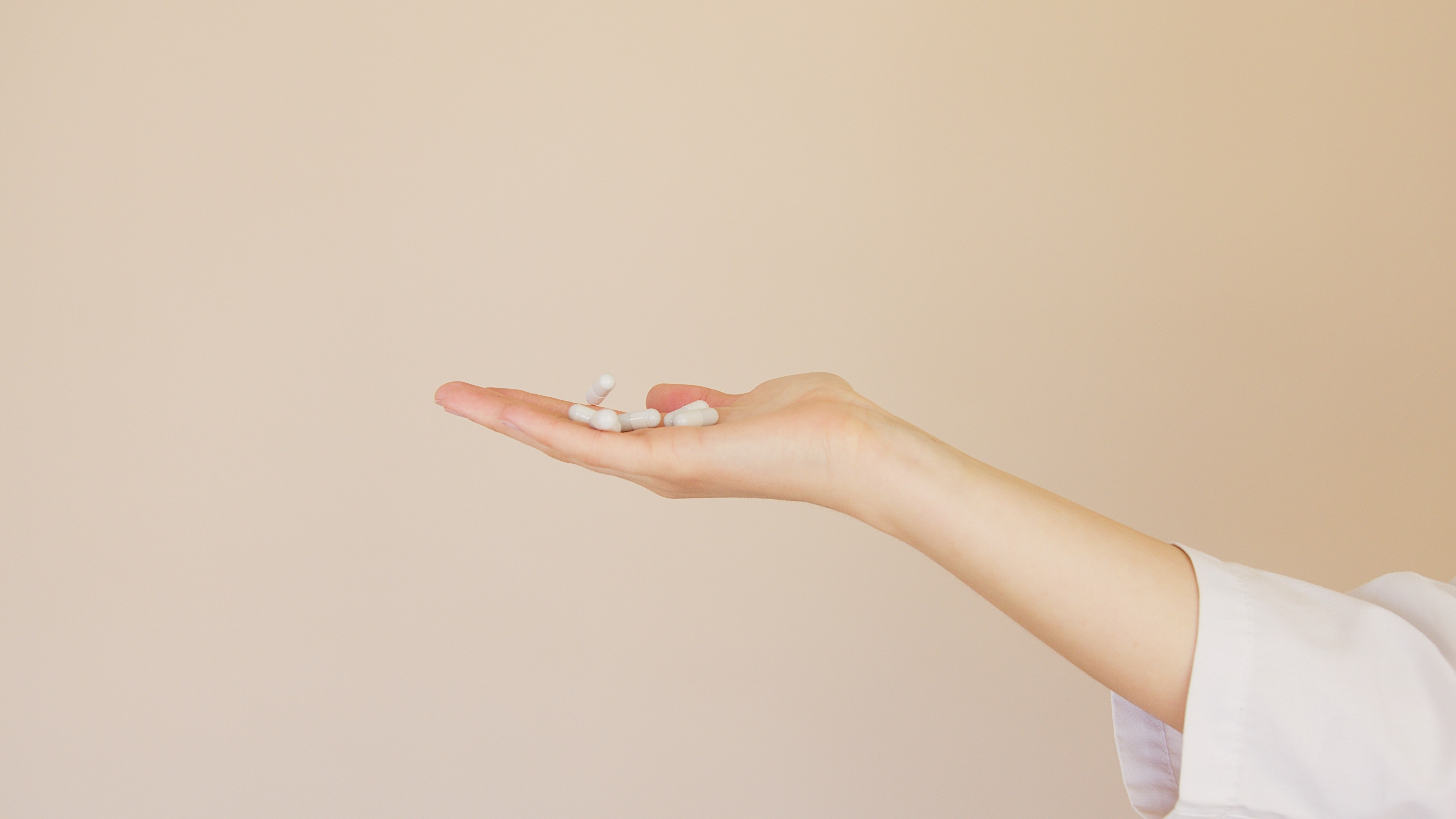
How to Choose the Right Period Pain Relief Tablets for You
by Esther on June 22, 2023 , 5 min read
Dealing with period cramps can be an annoying and quite often an uncomfortable experience for most young girls and women. Fortunately, several solutions are available to help ease the discomfort, including period pain treatment medications. This article will look into the variables to take into account while selecting the best period pain relief medication for you.
What are period pain relief tablets?
Pills made expressly to treat menstruation cramps are known as period pain relievers. They function by concentrating on the underlying reasons for the discomfort, such as lowering inflammation or relaxing the uterine muscles.
Tablets that treat period pain are medicines made expressly to lessen the suffering and pain brought on by menstrual cramps. The active chemicals in these pills frequently work to treat the underlying factors that contribute to period pain, such as hormone imbalances, uterine muscle relaxation, and inflammation reduction. They can aid in the relief of menstrual symptoms such as lower back pain, lower abdomen pain, and general discomfort.
Both over-the-counter and prescription period pain relief tablets are available; the type and amount used will depend on the patient's needs and the intensity of the pain. To choose the best period pain reliever for your unique condition, it is advisable to speak with a healthcare practitioner.

How common are period cramps and what causes them?
Women frequently experience dysmenorrhea, also referred to as period cramps, during their menstrual cycle. Hormonal changes can cause the uterus to contract, which can be painful and uncomfortable. Severe cramps can also be a symptom of illnesses including endometriosis, polycystic ovarian syndrome (PCOS), and hormone imbalance.
Prescription medicines for period cramps
Period cramps are frequently treated with prescription pharmaceuticals such as hormonal contraceptives or nonsteroidal anti-inflammatory drugs (NSAIDs). These drugs can help control hormone imbalances, alleviate muscle spasms, and lower inflammation. The best prescription drug for your unique needs should be determined by a healthcare expert.
Are there any side effects of period pain tablets?
Period pain relief pills may have potential side effects, just like any drug. These can change based on the medication and personal characteristics. Consequences including nausea, upset stomach, lightheadedness, or allergic responses are rather common. To learn about possible side effects and any contraindications, it is essential to read the medication's instructions and speak with a medical expert.

Other self-help measures to try to reduce period pain
Self-help techniques can supplement the usage of period painkillers in addition to medicine. Menstrual cramps can be lessened with regular activity, such as yoga or modest aerobic activities. A balanced diet and adequate water are other important components of a healthy lifestyle, as are heating the abdomen and using relaxation techniques.
These steps could support the effects of medication and lessen discomfort. Consider the following self-help techniques:
- Heat therapy: Putting heat on the lower abdomen helps ease cramping by relaxing the muscles. To provide calming comfort, you can use a heating pad, a hot water bottle, or take a warm bath.
- Exercise: Exercises like yoga, walking, or gentle stretching can enhance blood circulation and produce endorphins, which are hormones that naturally reduce pain.
- Techniques for relaxation: Using relaxation techniques like deep breathing, mindfulness, or meditation can help lower stress levels and encourage relaxation, which may ease period pain.
- Dietary changes: Some dietary modifications may lessen period pain. Increasing your consumption of foods like leafy greens, dairy products, nuts, and fatty fish that are high in magnesium, calcium, and omega-3 fatty acids may be beneficial. Reduced intake of salty foods, alcohol, and caffeine can also lessen bloating and discomfort.
- Herbal remedies: Chamomile, ginger, and cramp bark are a few examples of herbs that have historically been used to treat menstruation discomfort. To be sure herbal medicines are safe for you, it's crucial to speak with a healthcare provider before using any.
- Stress reduction: Since stress can make period pain worse, adopting effective stress reduction strategies, such as mindfulness training, taking up a hobby, or getting emotional support, may help lessen discomfort.
When should I see a doctor for menstrual cramps?

It is advised to seek medical assistance if your period pain is severe, considerably affecting your everyday life, or if you have other worrisome symptoms. A medical expert can assess your symptoms, carry out required tests (such as a PCOS test), and offer suitable advice and treatment alternatives that are catered to your needs.
Considerations for choosing the best period pain relievers include your cramps' intensity, underlying health issues, and any possible adverse effects. To find the right drug for you, it is essential to speak with a medical expert. Menstrual cramps can also be efficiently managed by using self-help strategies and maintaining a healthy lifestyle. The appropriate strategy may require some trial and error because everyone's experience is different and what works for one person may not work for another.